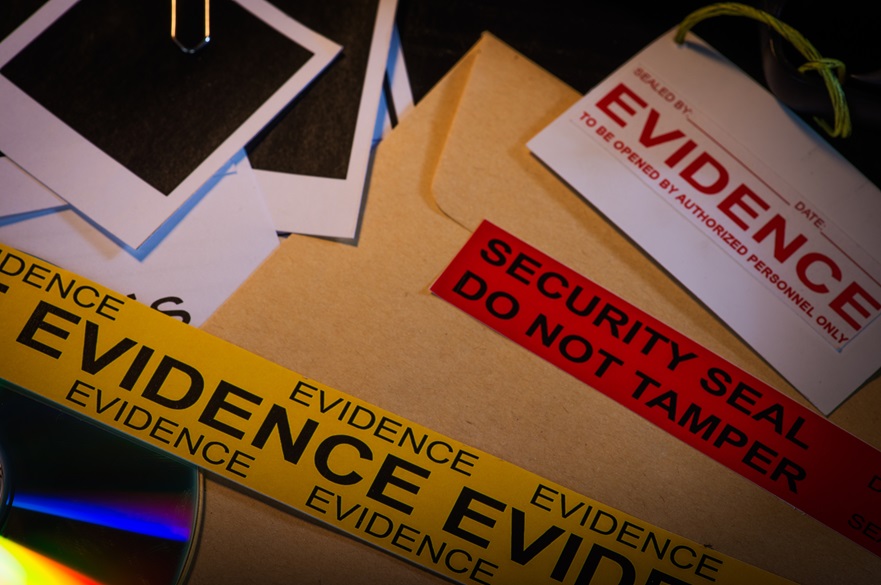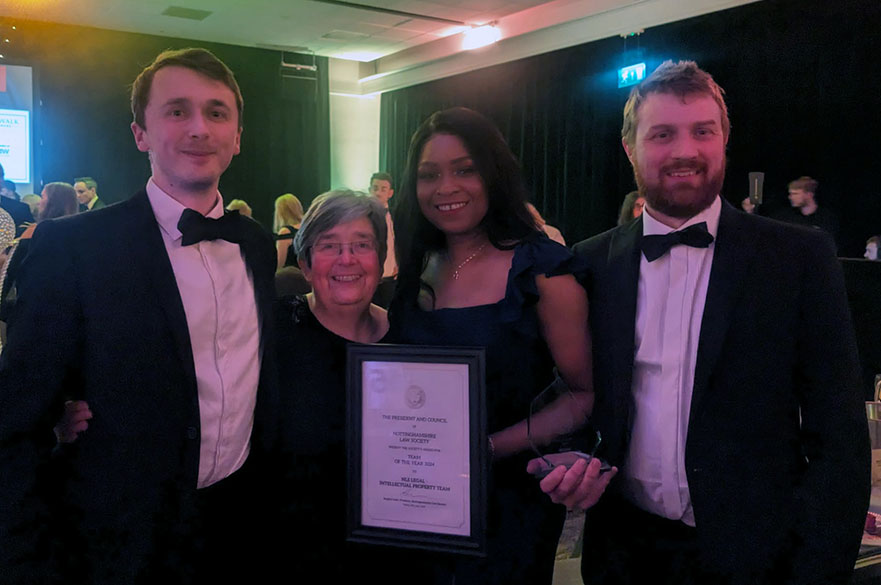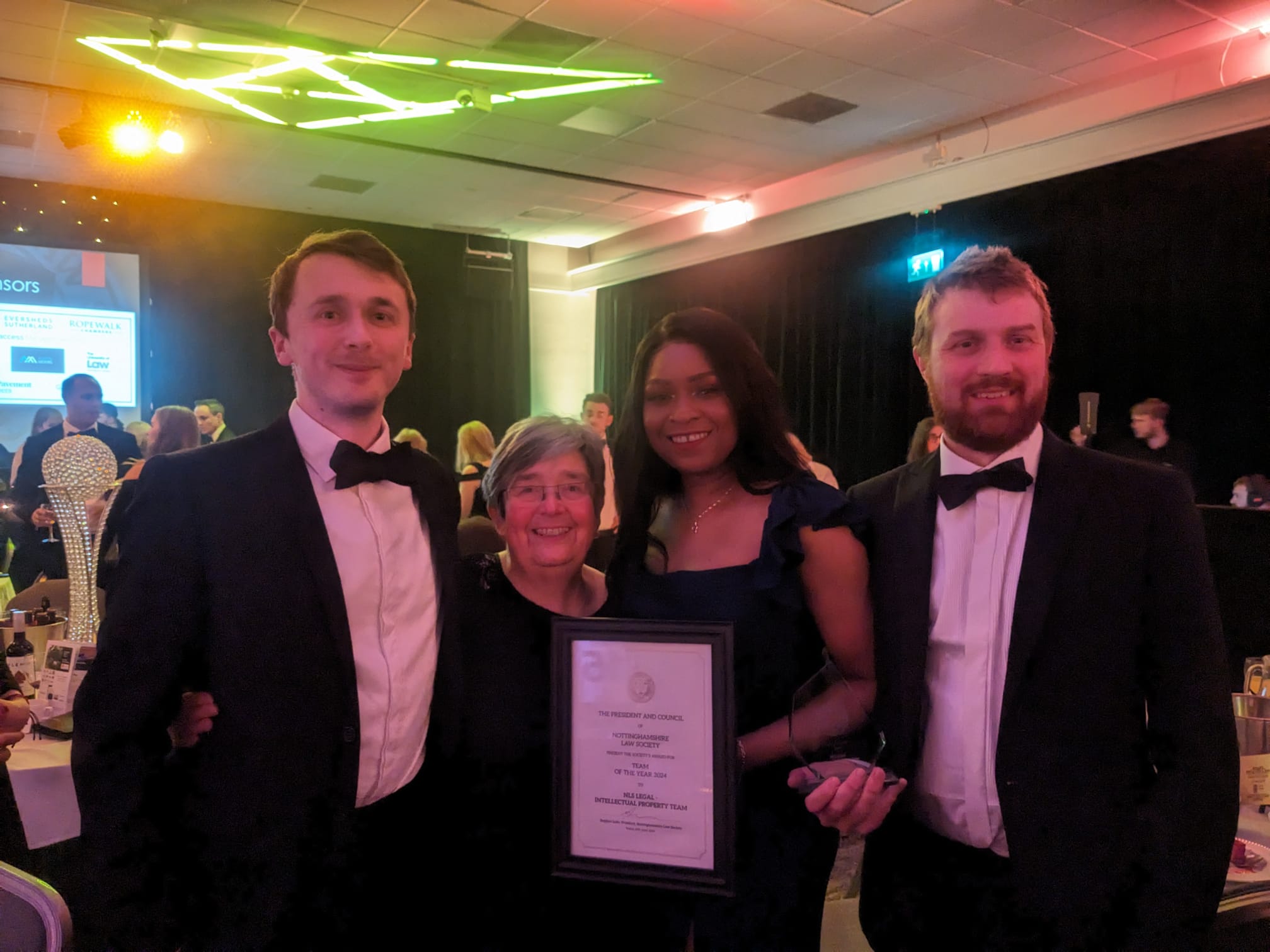Universities’ cold case unit could spark new leads in unsolved missing person cases
Forensic science students are to provide support to unsolved national and international cold cases relating to missing and unidentified people.

Nottingham Trent University and Staffordshire University have teamed up to create the Midlands Collaborative Cold Case Unit in partnership with Locate International, a charity providing specialist services in long-term missing and unidentified remains investigations.
Locate International actively works on investigations going back decades, deploying teams of trained, community volunteers and university students to support police forces in the review and investigation of unsolved cases.
The move – the UK’s first multi-university cold case unit – will see forensic science students assigned cases by the charity, examining every little detail from the case files to see if they can shed any new light on investigations.
This could include reviewing witness statements, police interviews and other evidence to try to build new lines of enquiry – and considering whether there are any new forensic techniques or methods which might help.
All case information is stored securely online and students will be supported and supervised by forensic science academics.
Cases allocated will be those where all lines of enquiry from the police have come to an end.
As well as the potential societal impact and helping to bring families some closure, the aim is to support students’ personal and professional development and build their graduate employability potential.
The universities have recruited 26 forensic science and forensic investigation undergraduate students to support on the project initially and the aim is to grow this number over time.
“We want to further enhance the expertise that feeds into case reviews,” said Dr Rachel Bolton-King, forensic science courses manager in Nottingham Trent University’s School of Science and Technology, and co-director of the new cold case unit.
She said: “There are sadly many missing people and cases of unidentified remains in the UK and the hope is that by taking a fresh look at case files we can help shed light on new information which may lead to a new line of enquiry.
“Students will be helping to gather intelligence, looking over potentially thousands of documents and considering the emergence of new skills and techniques in forensic science in the hope of finding something which cold help relatives and friends find some kind of closure.”
Co-director Michelle Hogg, forensic science lecturer at Staffordshire University, said: “In my previous career as an expert witness in forensic DNA evidence, I worked on numerous missing persons and unidentified body cases with the police and HM Coroner’s Office, and as a result this is a type of forensic investigations that is important to me.
“Therefore, I am delighted to be helping our students gain a better understanding of these types of cases, and for them to have an active role in helping to bring closure to the families of missing persons.
“Staffordshire University has been working with Locate International for a number of years now, but the creation of the Midlands Collaborative Cold Case Unit, will allow students from both NTU and Staffordshire to gain invaluable experience in forensic investigations, whilst increasing their access to resources and expertise, under the guidance of forensic experts.”
Dave Grimstead, Locate International’s CEO and co-founder, said: “We’re very excited to link up with Nottingham Trent University and Staffordshire University, and we're confident that they will complement the work being done by other expert teams at universities across the UK.
“I feel sure that the knowledge and innovation they’ll bring will help us investigate each case as thoroughly as possible.”
The new Midlands Collaborative Cold Case Unit is an expansion of the existing unit which Dr Bolton-King previously co-established and led at Staffordshire University.
-
Notes for editors
Press enquiries please contact Dave Rogers, Public Relations Manager, on telephone +44 (0)115 848 8782, or via email.
Nottingham Trent University (NTU) received the Queen’s Anniversary Prize for Higher and Further Education in 2021 for cultural heritage science research. It is the second time that NTU has been bestowed the honour of receiving a Queen’s Anniversary Prize for its research, the first being in 2015 for leading-edge research on the safety and security of global citizens.
The Research Excellence Framework (2021) classed 83% of NTU’s research activity as either world-leading or internationally excellent. 86% of NTU’s research impact was assessed to be either world-leading or internationally excellent.
NTU was awarded The Times and The Sunday Times Modern University of the Year 2023 and ranked University of the Year in the Whatuni Student Choice Awards 2023. It was awarded Outstanding Support for Students 2020 (Times Higher Education Awards), University of the Year 2019 (Guardian University Awards, UK Social Mobility Awards), Modern University of the Year 2018 (Times and Sunday Times Good University Guide) and University of the Year 2017 (Times Higher Education Awards).
NTU is the 5th largest UK institution by student numbers, with approximately 40,000 students and more than 4,400 staff located across five campuses. It has an international student population of 7,000 and an NTU community representing over 160 countries.
Since 2000, NTU has invested £570 million in tools, technology, buildings and facilities.
NTU is in the UK’s top 10 for number of applications and ranked first for accepted offers (2021 UCAS UG acceptance data). It is also among the UK’s top five recruiters of students from disadvantaged backgrounds and was the first UK university to sign the Social Mobility Pledge.
NTU is ranked the second most sustainable university in the world in the 2022 UI Green Metric University World Rankings (out of more than 900 participating universities).
- Subject area: Sciences including sport sciences
- Category: Press office; School of Science and Technology


